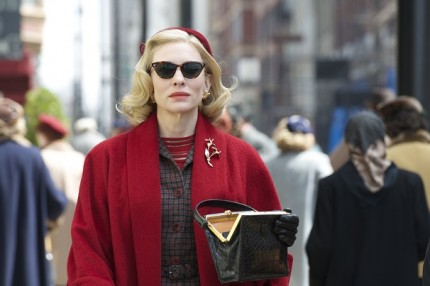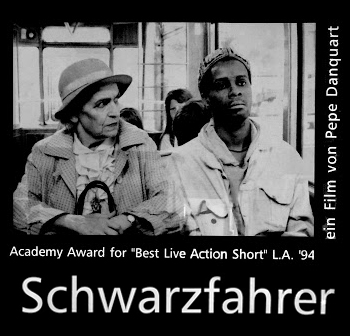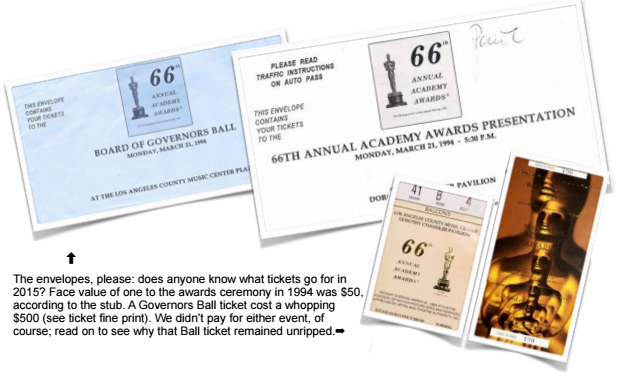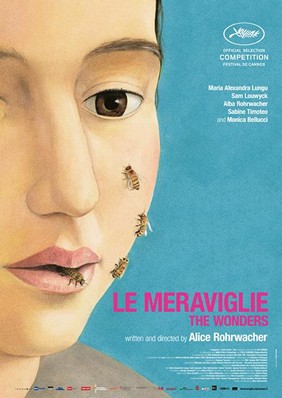Jose here. You know how sometimes a performer will win a gazillion awards for their breakthrough performance and then never be recognized again, even as they deliver much more complex, superior work? It’s the “been there done that” syndrome, which has sadly made most awards groups forget all about Marion Cotillard, who is once again Best Actress material in Two Days, One Night (Michael reviewed it here)

As the recently laid-off Sandra, Cotillard is unforgettable. We follow her as she visits her co-workers’ homes asking them to help her win her job back. As some show support, others display contempt and pity, making for a harrowing moviegoing experience. The Dardenne brothers, who in the past have been reluctant to work with movie stars, put their trust in Cotillard and the payoff is evident. The actress sheds all her glamour and star presence to play someone so fragile it seems as if being filmed is causing her pain. Sandra doesn’t talk much, but her face says everything. In one of the film’s most devastating moments, the Dardenne’s give Sandra some inner peace through a song in the radio, not only do they allow Cotillard’s smile to finally shine, but they also highlight the actress’ ability to reshape herself according to the emotions of her character. All throughout the film, Cotillard seems to be physically smaller, something she did in her Oscar-winning performance as Edith Piaf. The trick is more powerful here because Sandra is a “regular human being”.
Throughout the film we feel her pain and at times it’s so unbearable that it made me wonder what someone like Lars Von Trier would do with such a vulnerable character. The Dardenne’s are much more sensitive than the mad Dane and give Sandra her dignity, but not without pointing out how willingly she submits herself to humiliation in the name of survival. During most of the film Sandra wears a coral t-shirt with a ribbon pattern, which I feel Cotillard chose for the character. It makes her plea even more heartbreaking, as she knocks on doors trying to be festive and optimistic, when inside she’s completely destroyed.
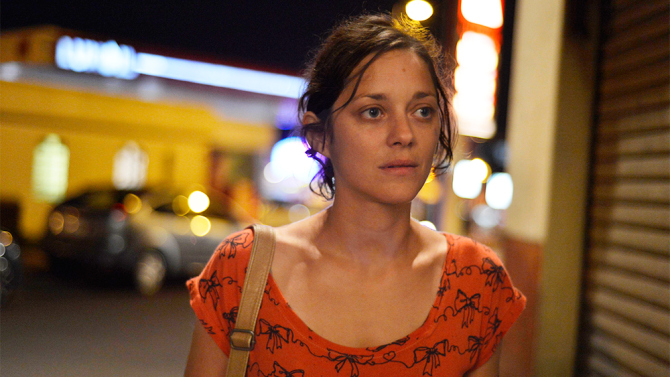
Many cinephiles thought this turn would finally bring her the Best Actress award at the Cannes Film Festival but it became the first Dardenne brothers’ film not to win a single award at Cannes. It was Marion's third straight loss at the festival (2012 Rust and Bone, 2013 The Immigrant) which is a head-scratcher considering who won in those respective years. As Two Days One Night gears up for its Oscar-qualifying release later this year, I can’t help but wonder, does Marion have to knock on every AMPAS’ member’s door to finally get nominated again?
Why do you think Oscar keeps ignoring Marion? Where do her recent performances rank among your favorites for each year?
 Thursday, April 16, 2015 at 12:40PM
Thursday, April 16, 2015 at 12:40PM  The Cannes Competition Lineup (and more) was announced in the wee wee hours of the morning -- not so wee for France mind you -- and here's what we're looking at. A lot of French and Asian films, a few foreign giants doing their first English language films and at least three directors we haven't had a film from in 7 or 8 years.
The Cannes Competition Lineup (and more) was announced in the wee wee hours of the morning -- not so wee for France mind you -- and here's what we're looking at. A lot of French and Asian films, a few foreign giants doing their first English language films and at least three directors we haven't had a film from in 7 or 8 years.